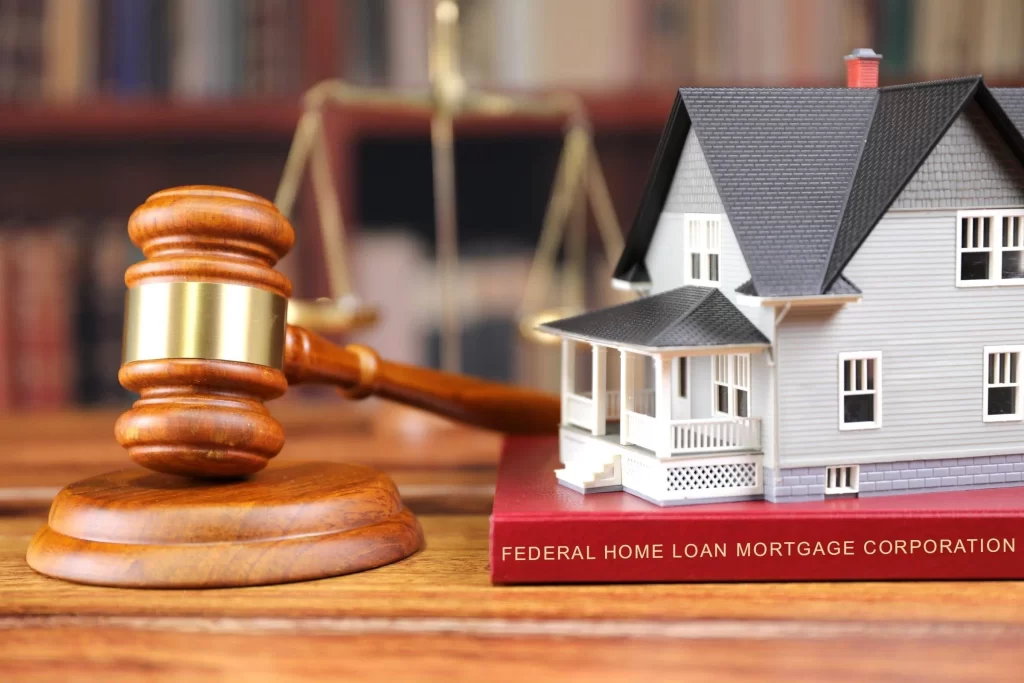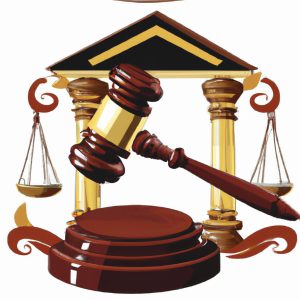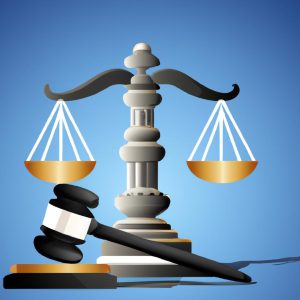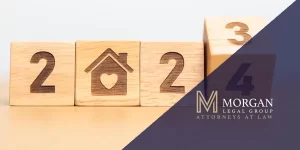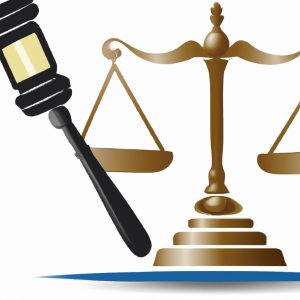It’s a scenario that many hope to avoid thinking about – the passing of a loved one and navigating the complex financial matters that come with it. But when it comes to the fate of a home mortgage after the owner dies, understanding the process is crucial in order to protect the asset and the interests of the remaining family members. Let’s delve into the intricate world of estate planning and mortgage obligations to shed light on what happens when the homeowner’s journey comes to an end.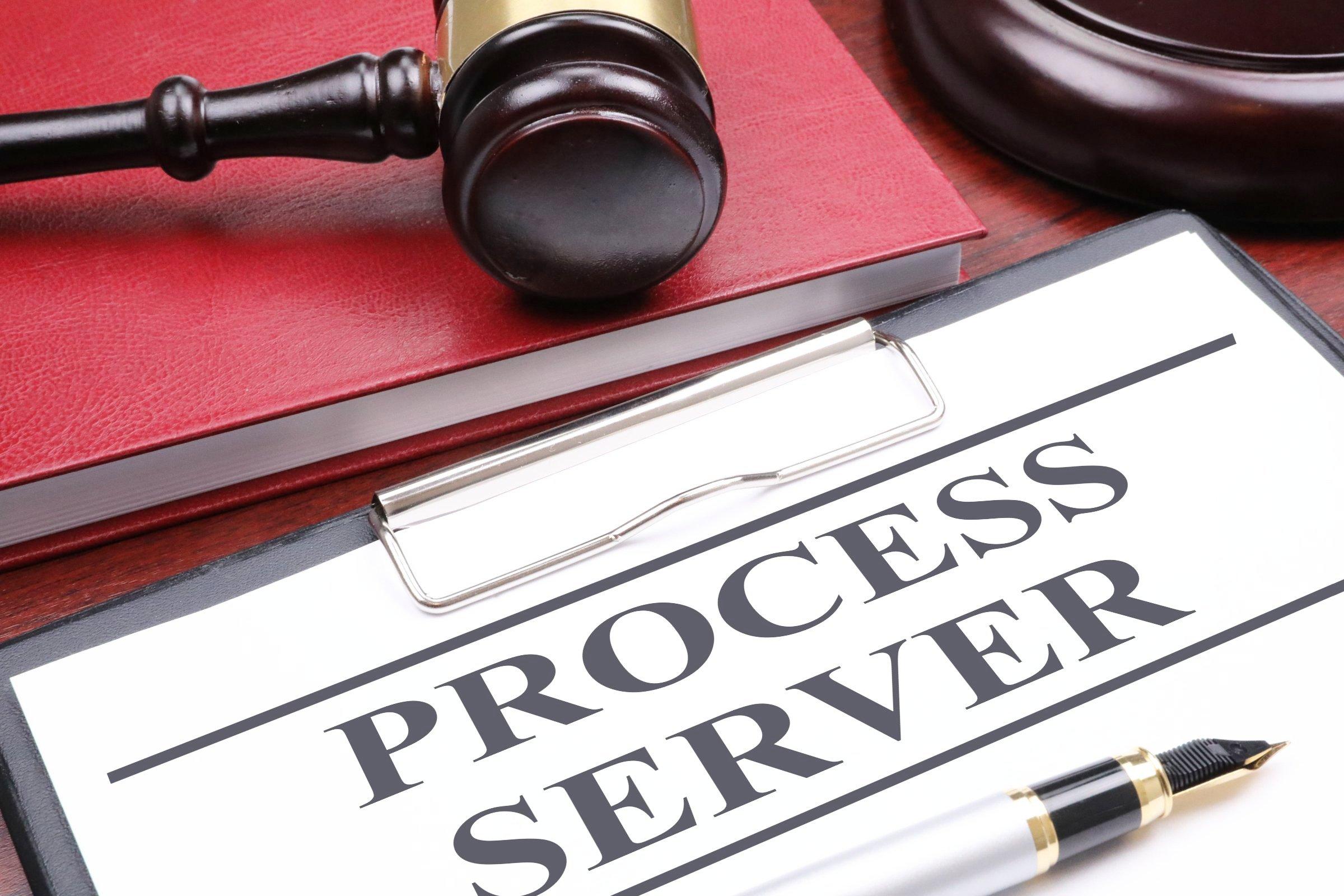
Understanding the legal process of probate and foreclosure
When a homeowner passes away, their property may be subject to the legal processes of probate and foreclosure. Understanding how these processes work can help heirs navigate the complexities of inheriting a home with an outstanding mortgage.
During probate, the deceased person’s assets are assessed, debts are settled, and the remaining assets are distributed to beneficiaries. If the homeowner had a mortgage on the property, the lender has the right to foreclose on the home if the mortgage is not paid. It is important for heirs to be aware of their rights and responsibilities in these situations. Here are some key points to consider:
- Communication: Keep open lines of communication with the lender to discuss options for handling the mortgage.
- Legal Assistance: Seek advice from a legal professional familiar with probate and foreclosure laws.
- Financial Planning: Develop a plan for how to handle the mortgage payments or potential foreclosure.

Options for heirs and next of kin regarding mortgage payments
When a homeowner passes away, their heirs and next of kin are left with the responsibility of managing their estate, including any outstanding mortgage payments. There are several options available for heirs to consider when it comes to dealing with a home mortgage after the owner’s death:
- Assuming the mortgage: Heirs can choose to take over the mortgage payments and keep the home in the family.
- Selling the property: If the heirs are unable to take on the mortgage, they may decide to sell the property to pay off the remaining balance.
- Refinancing the mortgage: Heirs can also explore the option of refinancing the mortgage in their name to make payments more manageable.
It is important for heirs to communicate with the lender and seek legal advice to understand their rights and responsibilities when it comes to inheriting a property with a mortgage. Each situation is unique, and consulting with professionals can help heirs make informed decisions about how to handle the mortgage after the homeowner’s passing.

Potential consequences of not addressing the mortgage after the owner’s death
If a homeowner passes away without addressing their mortgage, there can be several potential consequences that may arise:
- Foreclosure: If the mortgage is not paid, the lender has the right to foreclose on the property, leading to the loss of the home.
- Financial burden on heirs: If the mortgage is not paid off, the responsibility for the debt may fall on the heirs or beneficiaries of the estate.

Seeking professional advice and assistance in estate planning responsibilities
In the event of the death of a homeowner, the fate of the home mortgage depends on various factors. It is essential to seek professional advice and assistance in estate planning to ensure a smooth transition of assets and responsibilities. Here are some key considerations regarding what happens to a home mortgage when the owner passes away:
1. **Communication with the mortgage lender**: It is crucial to inform the lender about the owner’s death to avoid any legal issues or complications.
2. **Estate settlement**: The mortgage may need to be paid off as part of the estate settlement process.
3. **Insurance coverage**: It is recommended to review the homeowner’s insurance policy to understand if it includes coverage for mortgage payment in case of death.
4. **Joint ownership**: If the property is jointly owned, the co-owner may be responsible for the mortgage payments.
5. **Trust ownership**: If the property is held in a trust, the trustee may be responsible for the mortgage payments.
In Retrospect
As we have explored, the fate of a home mortgage upon the death of the owner is a complex and often emotional process. From potential foreclosure to the transfer of ownership, there are many factors to consider in navigating this difficult time. It is crucial for loved ones and heirs to be informed and prepared to handle the mortgage and property affairs in accordance with the law and the wishes of the deceased. By seeking guidance from legal and financial professionals, individuals can ensure a smooth transition and protect the legacy of their loved ones. As always, communication and planning are key in securing the future of a home and its mortgage after the owner’s passing.

